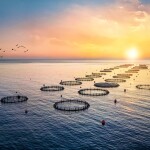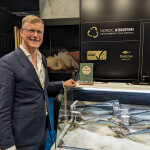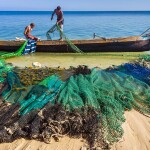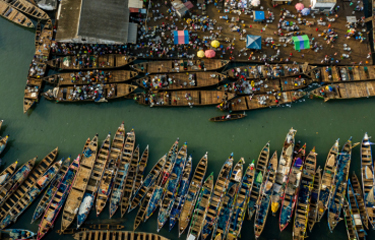Ghanaian police are reportedly investigating the death of a fishery observer after his body was discovered decapitated nearly a month after his disappearance.
Fishery observer Samuel Abayitey disappeared from the tuna fishing vessel Marine 707 in early November. The vessel, which according to MarineTraffic is flagged to Ghana, was stationed at Tema Harbor in southeastern Ghana.
Citi News reported Abayitey’s body was discovered washed ashore on 9 December. Emmanuel Eugene Dorpumor, Abayitey’s brother, told the outlet that he went missing from the vessel last month.
“We received information last month that they woke up around 1 a.m., and they were looking for him inside the ship but couldn’t find him,” Dorpumor told Citi News.
Dorpumor said he was called and identified the remains of his brother.
“We went to the seashore in the evening and found him dead. We were able to identify the body, and so the police from Tema came for the body; the body is now with the police,” Dorpumor said. “His head was not there when we found him, but since he is our brother, we knew he was the one.”
In 2020, Marine 707 was detained by Nigerian authorities and handed it over to Ghanaian authorities for investigation and possible prosecution, PM News Nigeria reported. At the time, it had been found to have switched off its automatic identification system (AIS), with suspicions the vessel was used either for piracy or as a mothership to conduct piracy in the Gulf of Guinea. At the time, local media reported the vessel was associated with World Marine Company, based in Japan.
The death of a fishery observer accentuates the continued risk that fisheries observers in Ghana face while doing their job. An investigation by the Environmental Justice Foundation (EJF) in 2021 found observers were working in unsafe environments that made it difficult or impossible to take stock of activities aboard industrial trawlers in the country.
In 2019, a fishery observer named Emmanuel Essien disappeared from the Chinese-owned vessel Meng Xin 15, and his colleagues at the time told the EJF that “we are raising issues, [but] there is no difference at all. Up until now, absolutely nothing has been done.”
In 2021, Ghana received a second yellow card from the European Union, which cited its failure to tackle illegal fishing within its exclusive economic zone. The country’s 536-kilometer-long coastline has been long used for “saiko,” a form of illegal fishing where industrial trawlers catch small pelagic fish and then sell the catch back to coastal communities for profit. Many of the instances of saiko have been indirectly tied to Chinese companies that control up to 93 percent of the trawl vessels in the country.
Photo courtesy of the Environmental Justice Foundation







